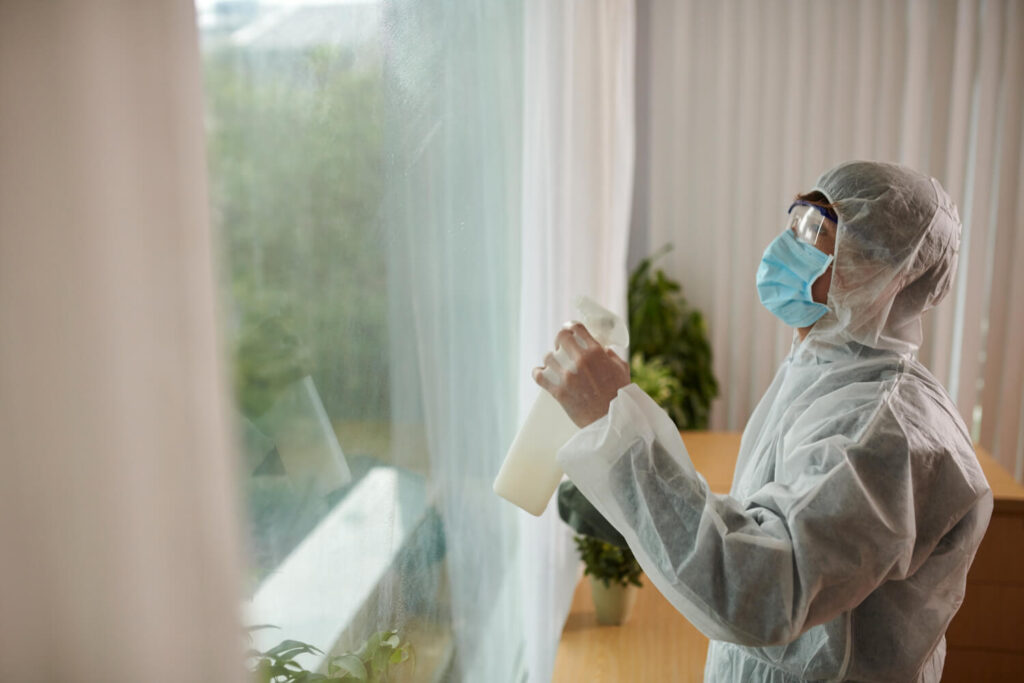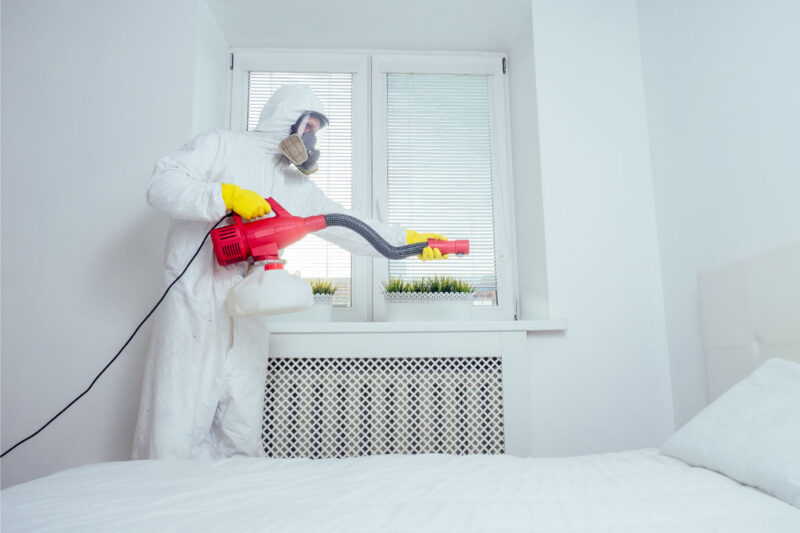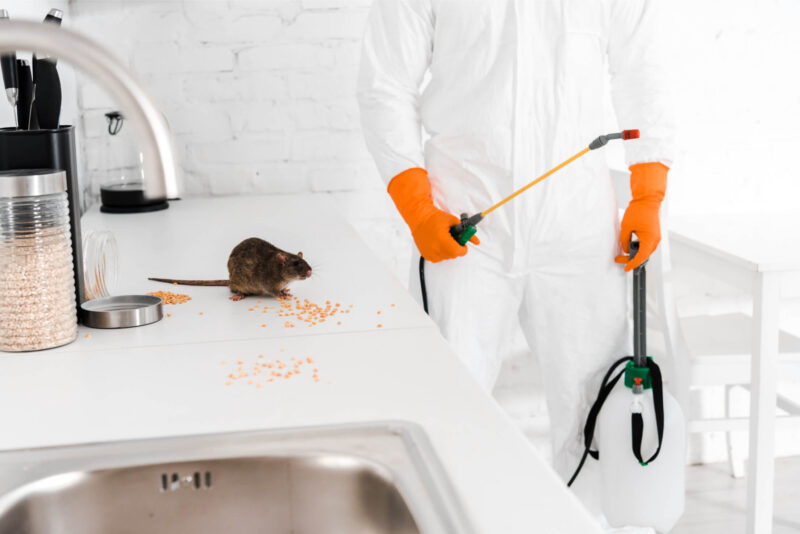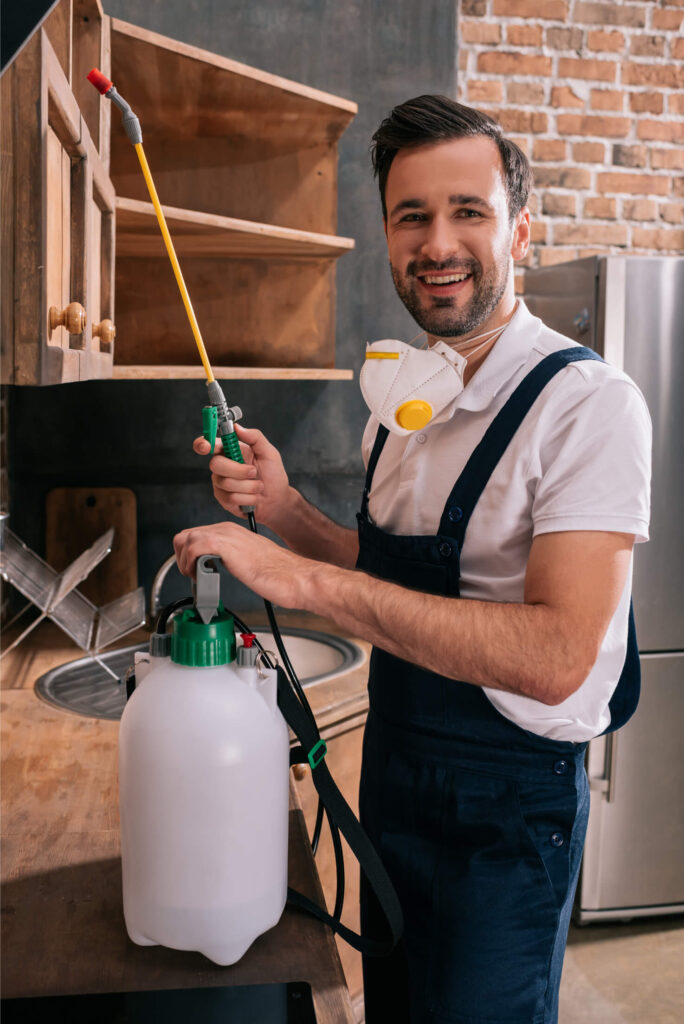Choosing the right pest control service is essential for effectively addressing infestations and ensuring long-term protection. Here are key factors to consider:
1. Licensing and Certification
- Ensure the pest control company is licensed and certified by the appropriate regulatory authorities in your area. This guarantees that their methods are safe and meet legal standards.
- Look for certifications from recognized organizations, such as the National Pest Management Association (NPMA) or the Pest Control Operators of California (PCOC).
2. Experience and Reputation
- Choose a company with proven experience in pest control. Research their history, reviews, and customer feedback.
- Ask for references or check online reviews to get a sense of the quality of service provided.
3. Type of Services Offered
- Ensure the company provides pest control services that match your needs, whether it’s for ants, rodents, termites, bedbugs, or other pests.
- Some companies specialize in certain pests, while others offer comprehensive pest management services.
4. Methods and Products Used
- Inquire about the methods and products used by the company. Are they eco-friendly, non-toxic, or chemical-based?
- Opt for services that prioritize safety, especially if you have children, pets, or sensitivities to chemicals.
5. Insurance and Liability Coverage
- The company should carry adequate insurance coverage to protect against accidents or damages that may occur during the job.
- This provides peace of mind, knowing that you’re protected if something goes wrong.
6. Cost and Pricing Transparency
- Get a detailed estimate in writing, including the costs for the inspection, treatment, and any follow-up services.
- Be wary of unusually low prices, as they might signal poor service or hidden charges.
7. Guarantees and Warranties
- Choose a service that offers guarantees for their work. A reliable pest control company should stand behind their services and offer a warranty in case pests return after treatment.
8. Customer Service and Communication
- The company should have clear, responsive communication and be willing to answer any questions you have.
- Good customer service also includes timely follow-up visits and support for ongoing issues.
9. Environmental Responsibility
- Consider whether the company employs environmentally responsible practices, such as Integrated Pest Management (IPM), which uses the least harmful methods to control pests.
- Eco-conscious services help reduce long-term environmental impact.
10. Availability and Flexibility
- Ensure that the pest control service is available when you need it, particularly in emergency situations or during high-infestation seasons.
- Flexibility in scheduling and availability can be important if you’re dealing with a particularly stubborn pest problem.
11. Evaluation and Inspection
- A reputable company should conduct a thorough inspection of your property before providing treatment.
- The assessment should include identifying the type of pest, the extent of the infestation, and potential entry points.









